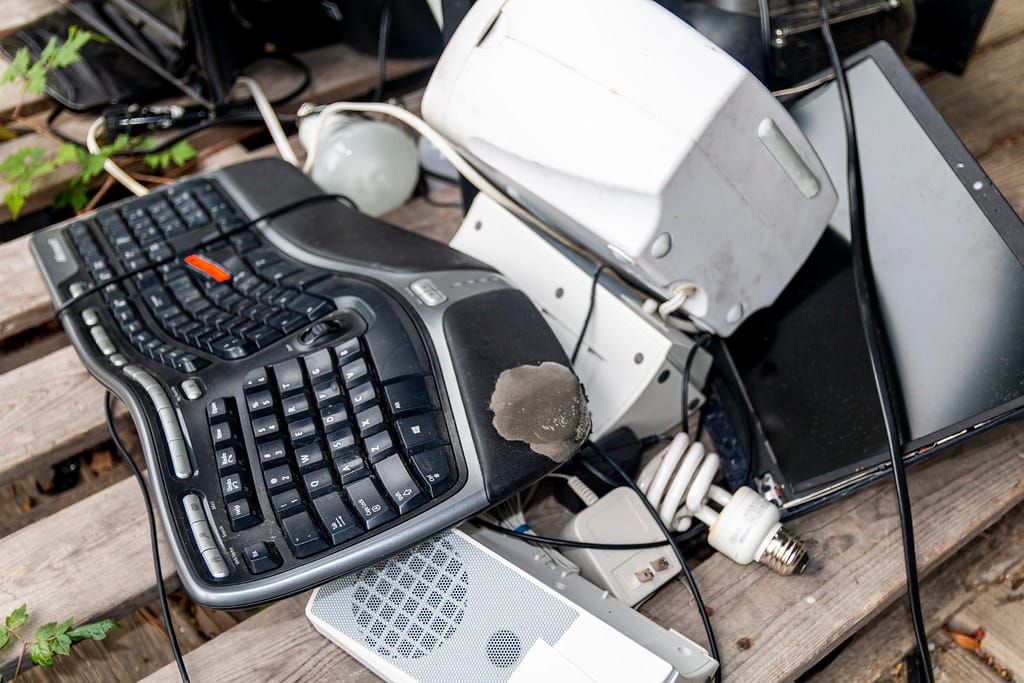Consumer Reports Challenges Microsoft: Keep Windows 10 Alive Beyond 2025
In an unprecedented move that could reshape the tech giant's roadmap, Consumer Reports has directly petitioned Microsoft to extend support for Windows 10 beyond its planned October 2025 end-of-life date. The consumer advocacy organization's appeal highlights growing concerns about electronic waste, security vulnerabilities, and the financial burden on millions of users worldwide.
The Looming Windows 10 Deadline
Microsoft has been clear about its intentions: Windows 10 support will officially end on October 14, 2025. After this date, the company will no longer provide security updates, bug fixes, or technical support for the operating system that currently powers over 900 million devices globally. This planned obsolescence forces users into a difficult choice: upgrade their hardware to support Windows 11, pay for extended security updates, or continue using an increasingly vulnerable system.
The timing couldn't be more critical. Recent data shows that Windows 10 still commands a dominant 62% market share among Windows users, compared to Windows 11's 35%. This means hundreds of millions of computers could potentially become security risks or electronic waste within the next two years.
Consumer Reports Takes a Stand
Consumer Reports' petition centers on three key arguments that resonate with everyday users and environmental advocates alike. First, the organization emphasizes the environmental impact of forcing premature hardware upgrades. Many perfectly functional computers running Windows 10 lack the specific hardware requirements for Windows 11, particularly the controversial TPM 2.0 (Trusted Platform Module) chip requirement.
"Millions of functional computers could be rendered obsolete not due to hardware failure, but due to artificial software restrictions," the petition states. This forced obsolescence could contribute significantly to the growing global e-waste crisis, which already generates over 50 million tons of electronic waste annually.
The Security Dilemma
Perhaps more concerning is the security implications of Microsoft's timeline. When Windows 10 loses official support, devices running the operating system will no longer receive critical security patches. This creates a massive attack surface for cybercriminals, potentially affecting not just individual users but entire organizations, schools, and government entities that cannot immediately upgrade their hardware infrastructure.
Consumer Reports argues that Microsoft has a responsibility to provide reasonable security support while users transition to newer systems. The organization points to precedents where Microsoft extended support for older operating systems during critical transition periods, such as the extended lifecycle for Windows XP and Windows 7.
Economic Impact on Consumers
The financial burden on consumers represents another significant concern. Upgrading to Windows 11-compatible hardware can cost anywhere from $500 to $2,000 per device, depending on requirements. For families with multiple computers, small businesses, or educational institutions, these costs can be prohibitive.
Microsoft does offer Extended Security Updates (ESU) for Windows 10, but this service comes with substantial annual fees that many individual users and smaller organizations cannot afford. Consumer Reports argues that this creates a two-tiered system where only those who can pay receive continued security protection.
Microsoft's Response and Industry Implications
While Microsoft has not yet officially responded to Consumer Reports' petition, the company has consistently emphasized Windows 11's enhanced security features and performance improvements as justification for the transition timeline. Microsoft's position reflects broader industry trends toward more frequent hardware and software refresh cycles.
However, the petition has garnered support from environmental groups, consumer advocacy organizations, and technology professionals who argue that extending Windows 10 support would demonstrate corporate responsibility and environmental stewardship.
Looking Ahead: What This Means for Users
Consumer Reports' petition represents more than just a request for extended software support—it's a challenge to the tech industry's approach to planned obsolescence and environmental responsibility. Whether Microsoft chooses to extend Windows 10 support could set important precedents for how technology companies balance business objectives with consumer needs and environmental impact.
For now, Windows 10 users should monitor developments closely while preparing for potential transitions. The outcome of this petition could influence not just Microsoft's roadmap, but the broader conversation about sustainable technology practices and corporate responsibility in the digital age.
The tech community awaits Microsoft's response, knowing that the decision will impact hundreds of millions of users and potentially reshape industry standards for operating system lifecycle management.

